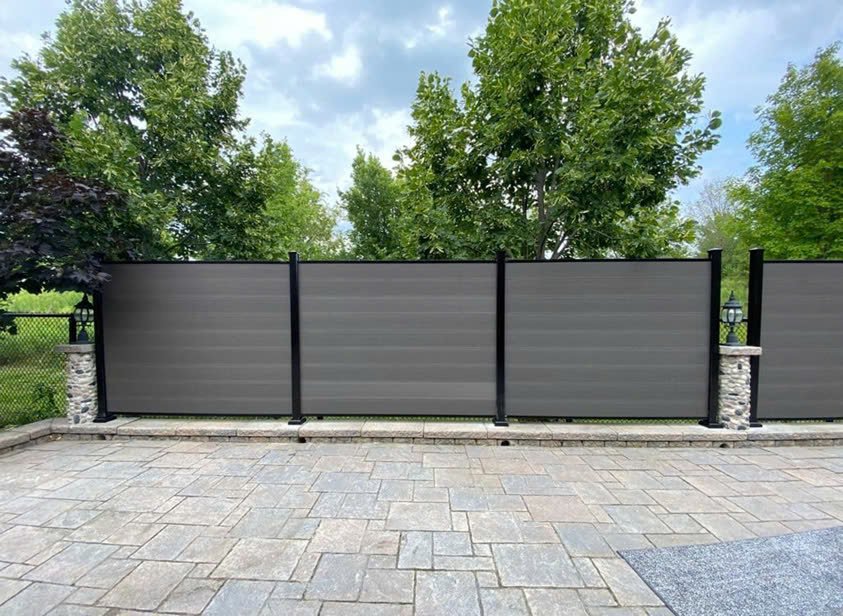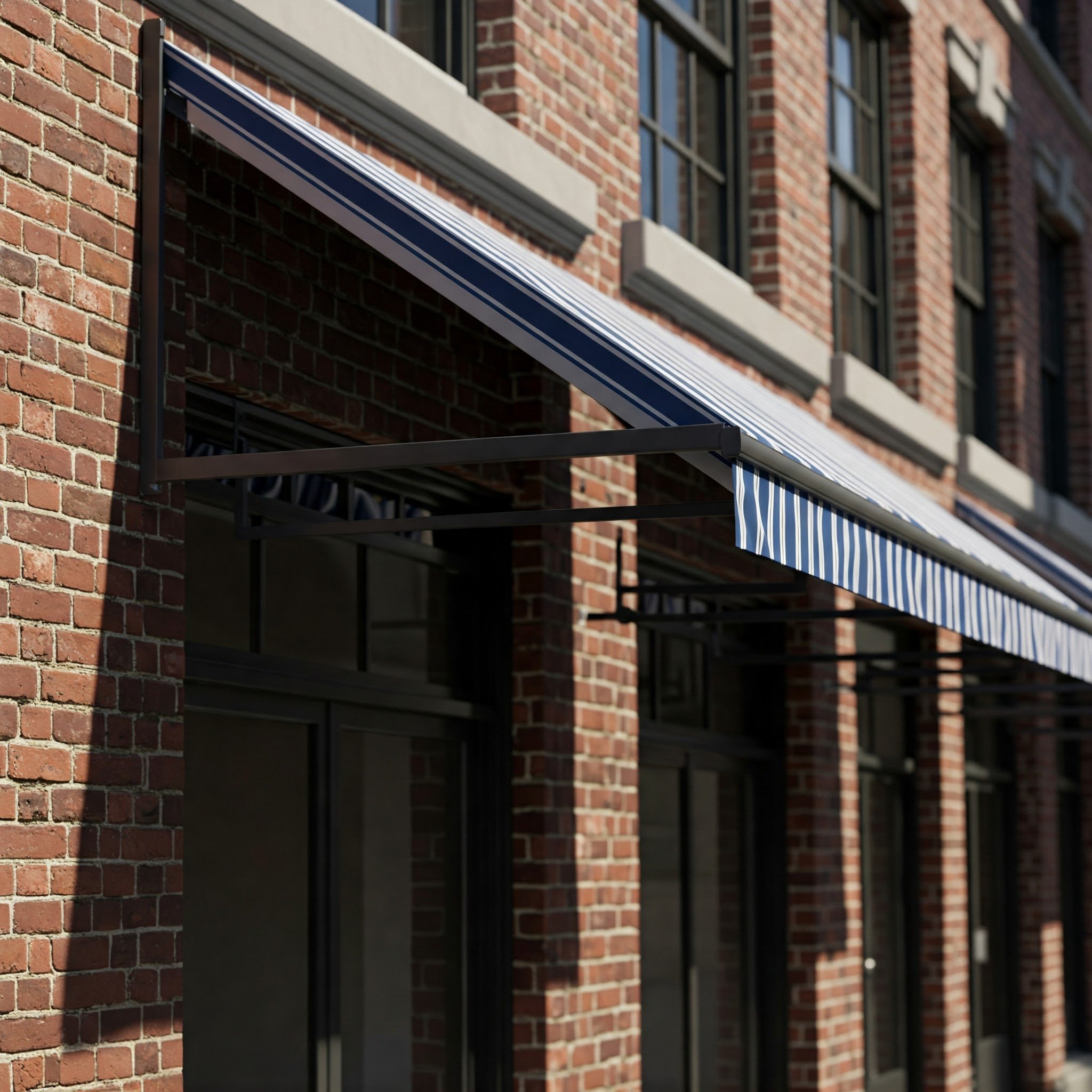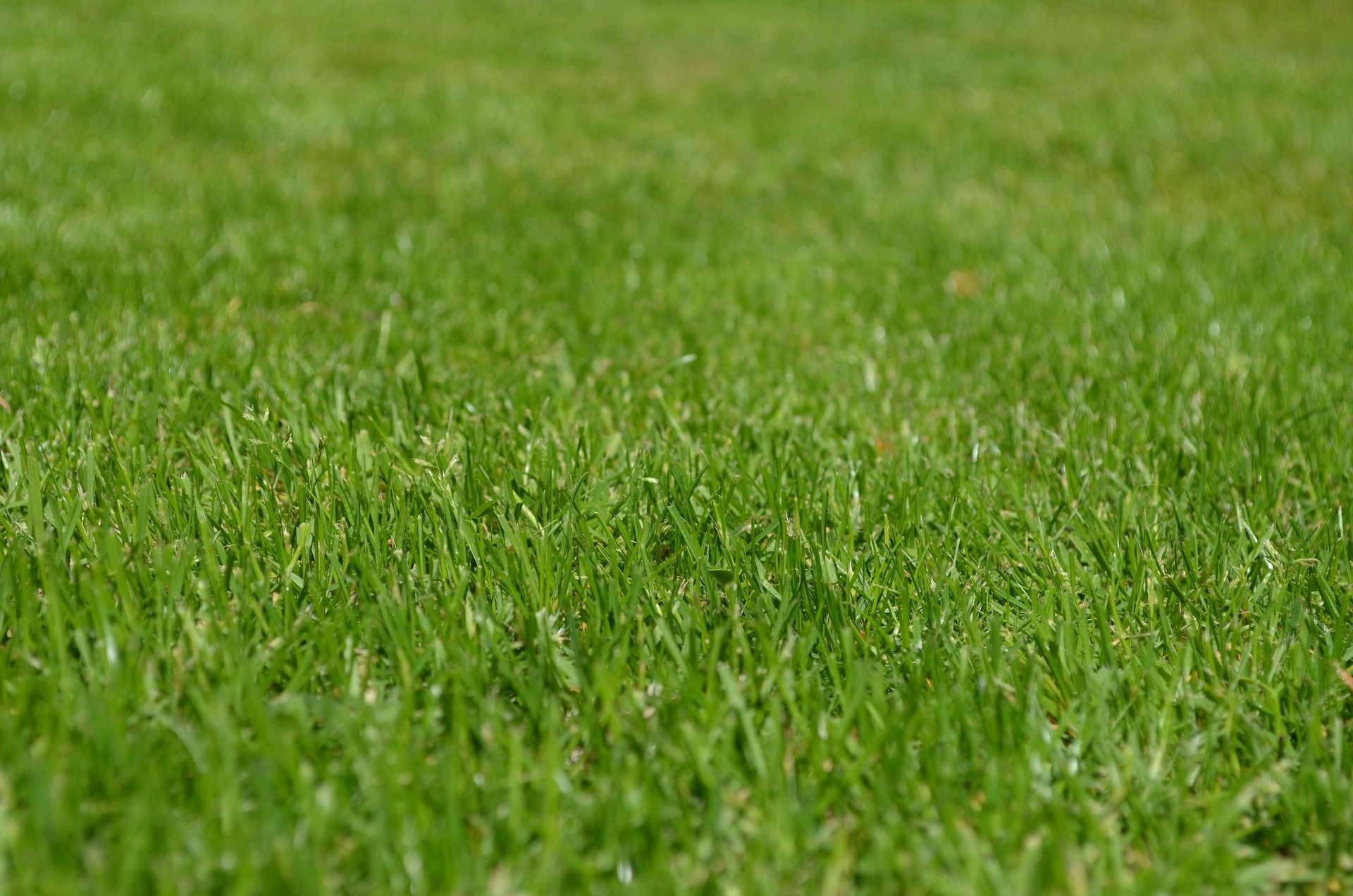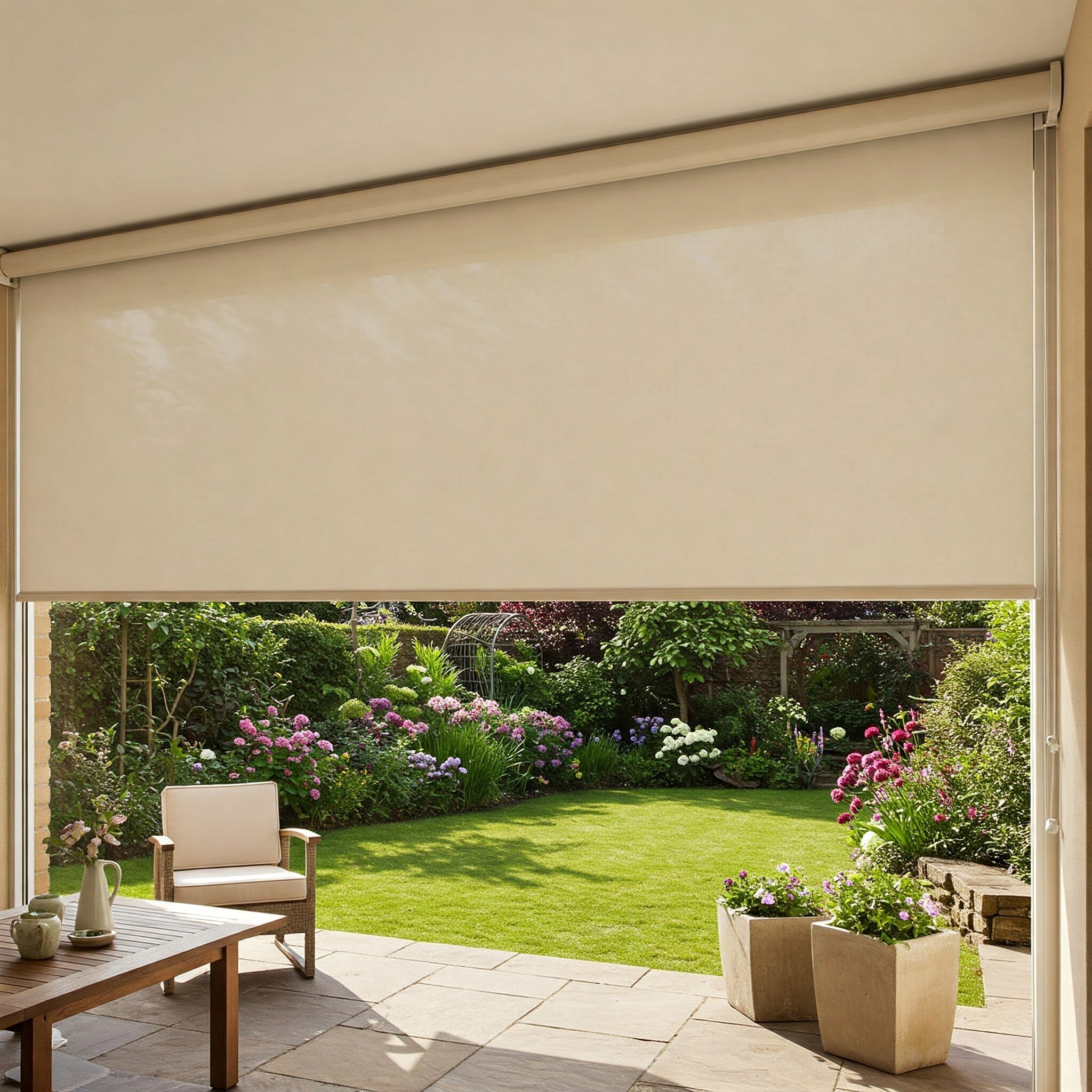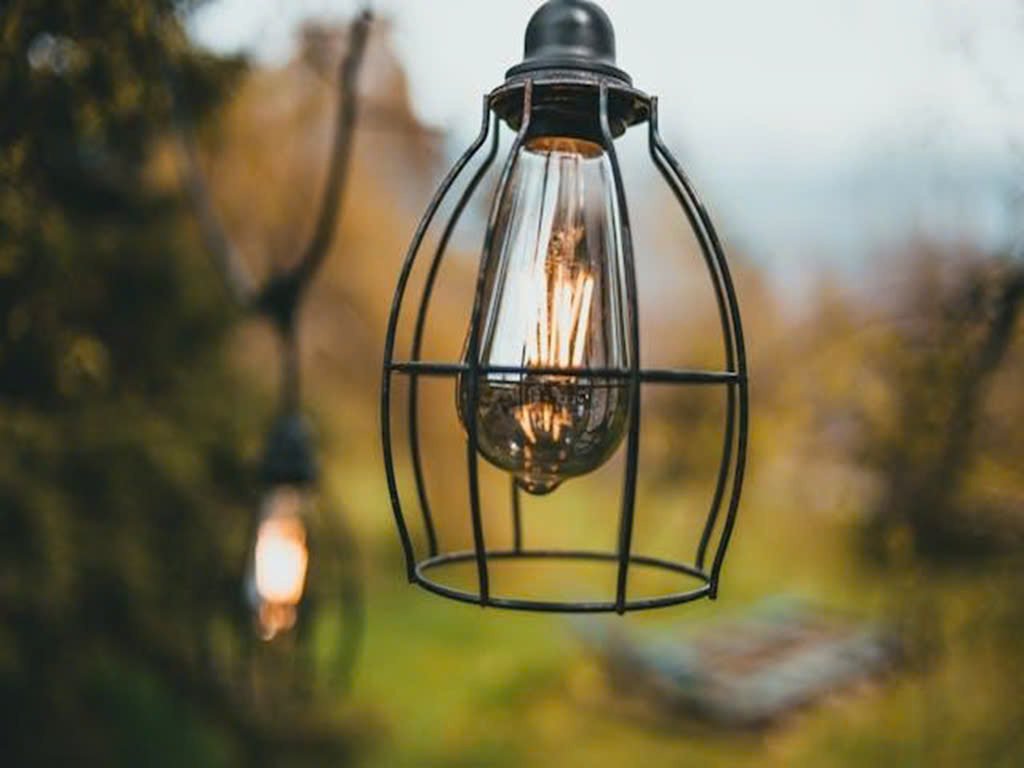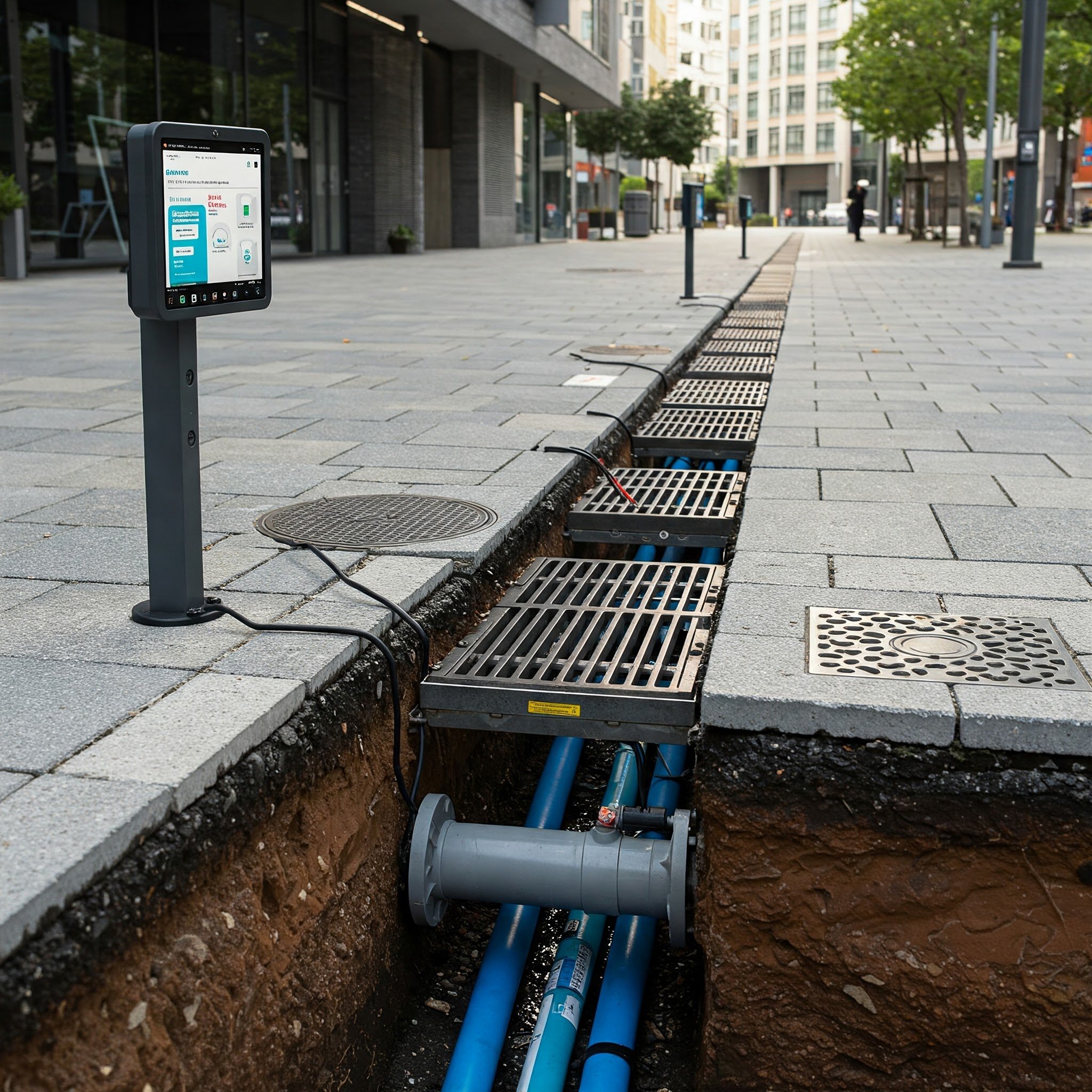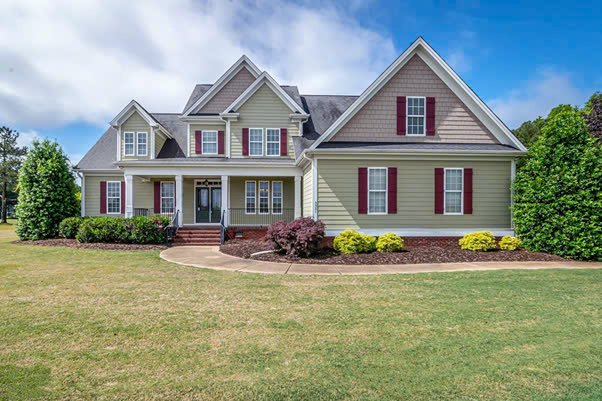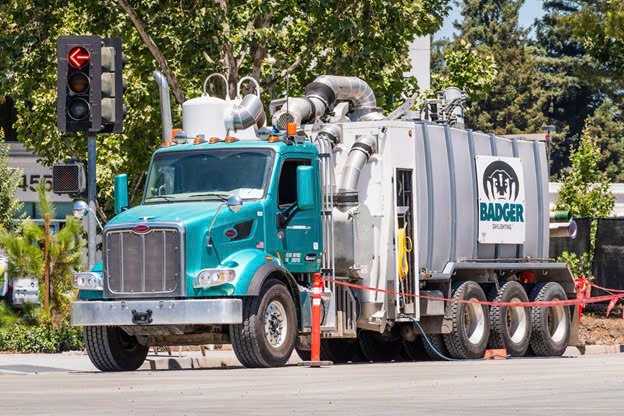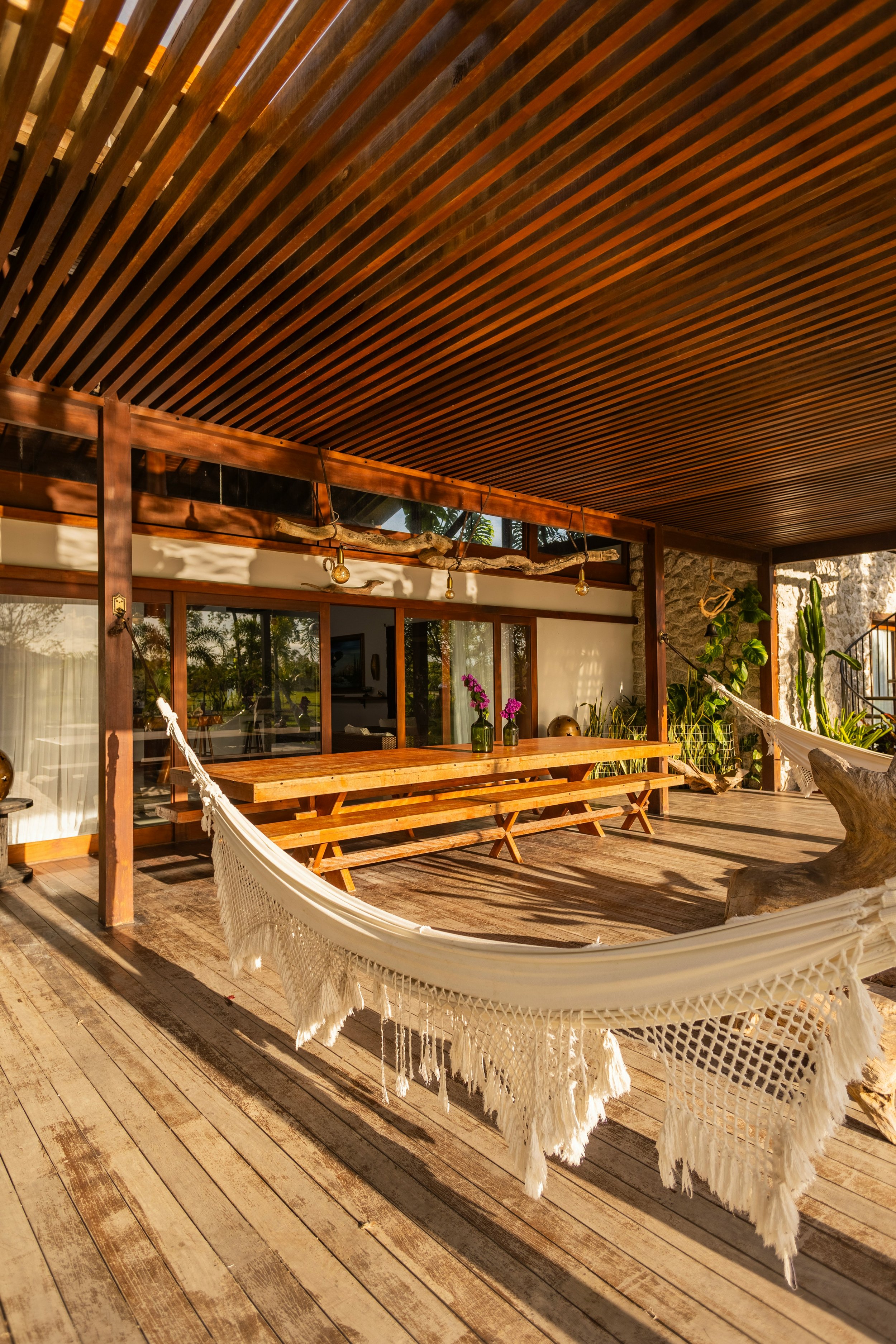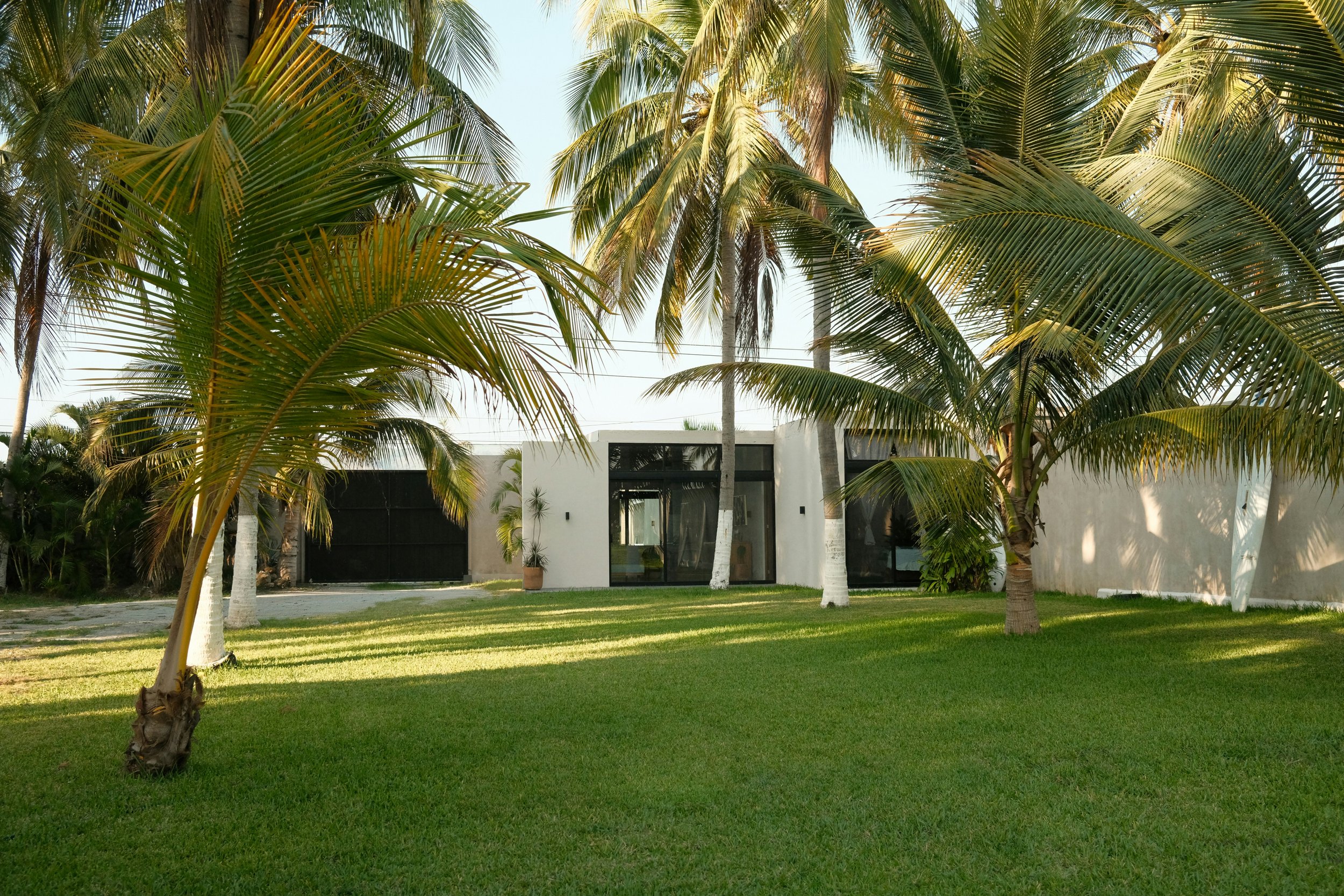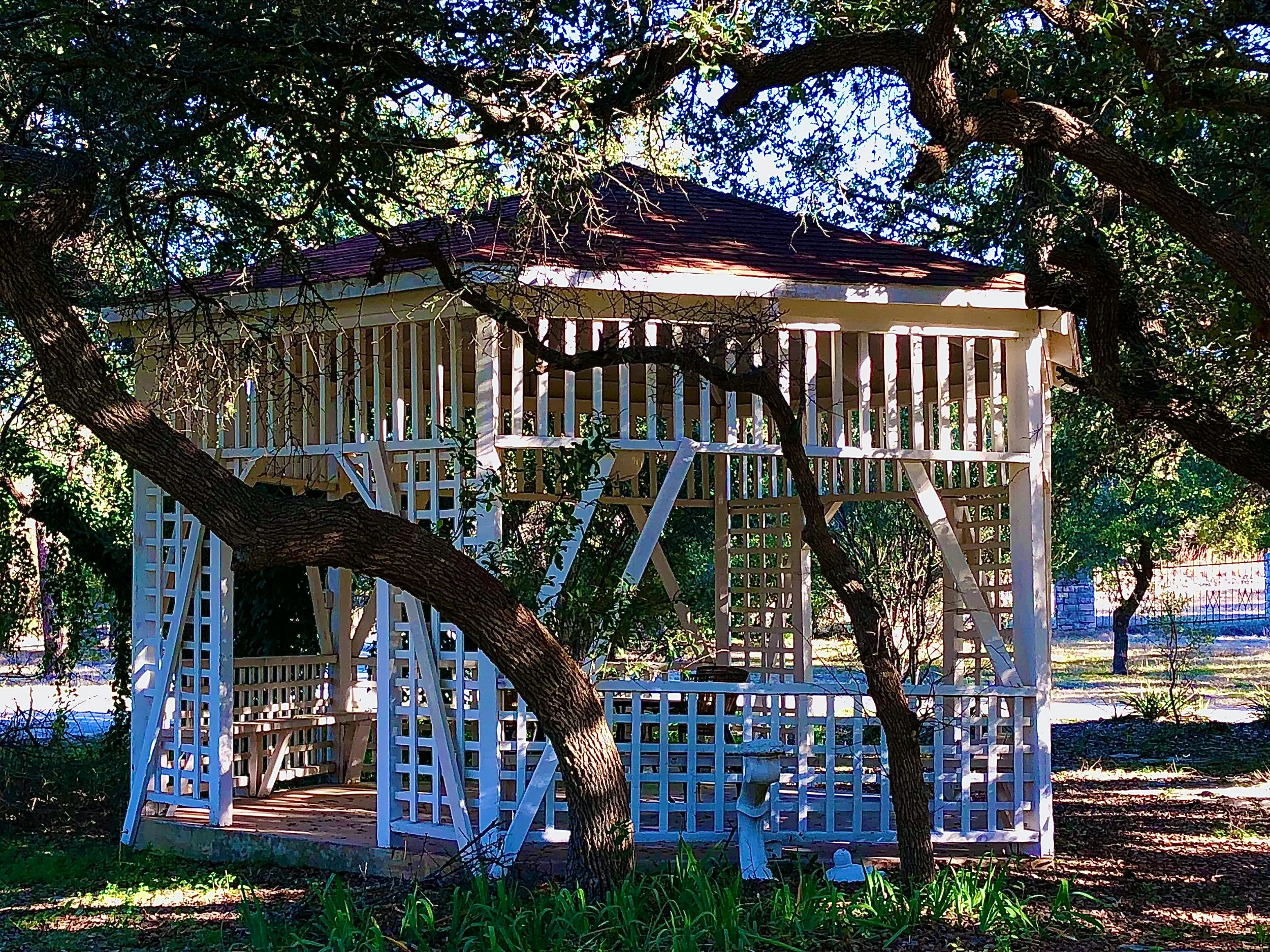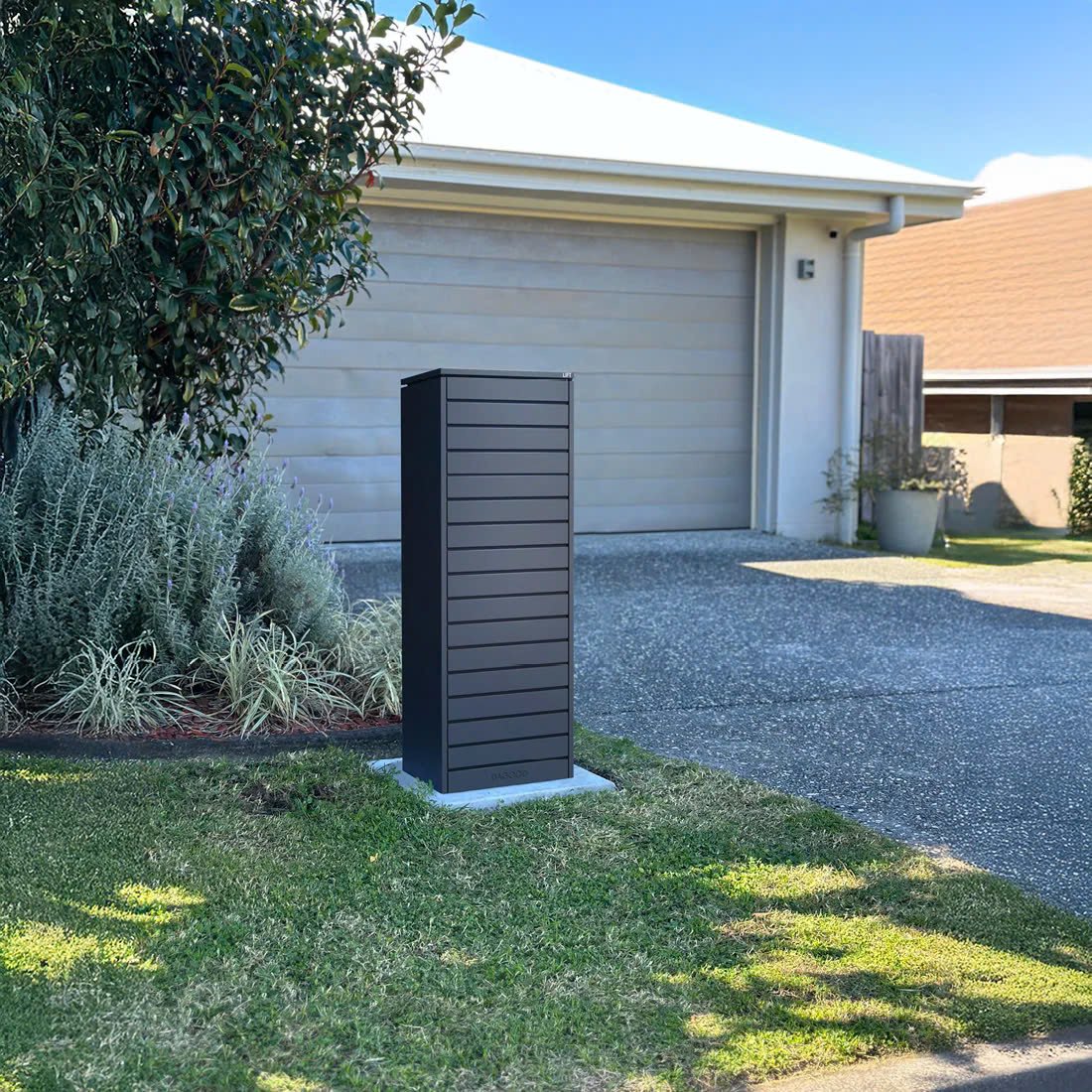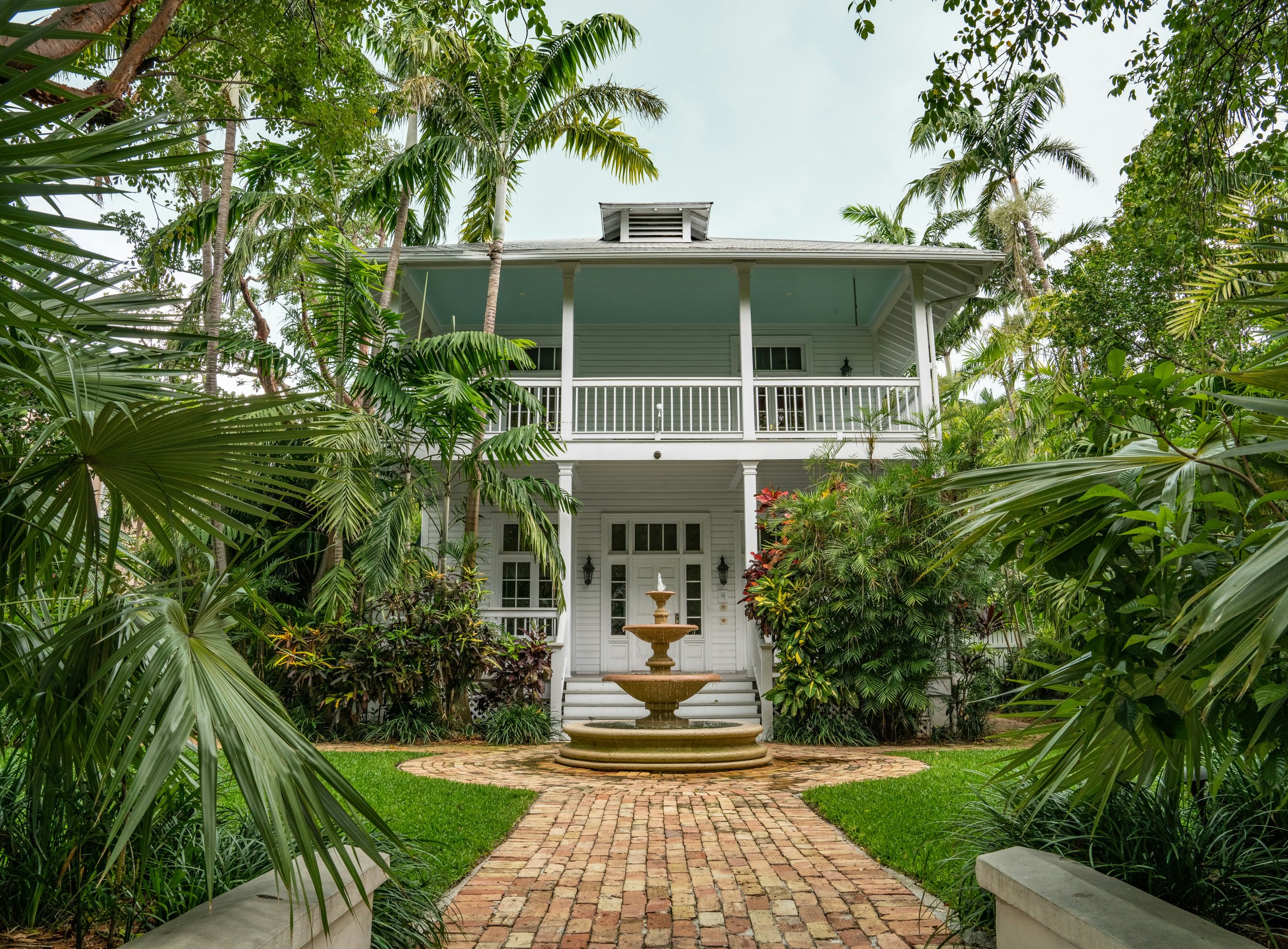Things You Need to Know About Fence Panels
Discover everything you need to know about fence panels, from material options to maintenance tips, and find the perfect fit for your outdoor space.
When installing a fence on your property, choosing the right materials and understanding the different types of fence panels is essential for ensuring that you get the best value, aesthetic, and functionality. Fence panels are the backbone of your fencing system, and selecting the right ones can make a huge difference in how your fence looks, performs, and holds up over time.
This article will explore everything you need to know about fence panels, from the types available to maintenance requirements, helping you make an informed decision.
1. Understanding Different Types of Fence Panels
The first step in selecting the right fence panel is understanding the different types available. Each type of fence panel serves a different purpose and comes in a variety of materials, offering different benefits depending on your specific needs.
Wooden Panels: Wooden fence panels are one of the most popular choices due to their natural beauty and versatility. They can be customized with paint or stain to match the style of your home. Wood offers good privacy and a rustic charm, but it requires more maintenance over time to prevent rotting, warping, and insect damage.
Vinyl Panels: Vinyl panels are becoming increasingly popular for their durability and low maintenance. They don’t require painting or staining and are resistant to rot, pests, and fading. Vinyl fences are available in different colors and styles, offering homeowners a long-lasting solution with minimal upkeep.
Aluminum Panels: Aluminum fence panels are often used for their sleek, modern look and strength. These panels are lightweight, resistant to rust and corrosion, and easy to maintain. They are particularly popular for decorative or security fencing. While aluminum panels don’t provide as much privacy as wood or vinyl, they are incredibly durable and aesthetically appealing.
Chain Link Panels: Chain link fence panels are a common option for residential and commercial properties. They are affordable, low-maintenance, and practical. Though they don’t offer much privacy, chain link fences are ideal for demarcating property boundaries or securing larger areas like yards or gardens.
2. Choosing the Right Panel for Your Property
Choosing the right panel depends on your priorities, such as privacy, security, aesthetics, and maintenance. For example, if privacy is a priority, wooden or vinyl panels will give you a solid barrier that blocks out visibility. On the other hand, if you are primarily concerned with security and durability, aluminum or chain link panels might be more suitable.
Before selecting a fence panel, also consider the climate of your area. Wood fences can be prone to damage in areas with high humidity, while vinyl and aluminum are great for climates that experience extreme weather conditions, as they are resistant to fading, cracking, and warping.
3. Panel Height and Style
Fence panels come in a variety of heights, typically ranging from 3 to 8 feet tall. The height you choose depends on your needs. For privacy, you’ll want to choose taller panels, typically 6 to 8 feet tall. If you’re more concerned about security or merely defining your property line, shorter panels may suffice.
When choosing the style, consider both function and appearance. There are several options to choose from, such as:
Solid Panels: These panels offer full coverage and are ideal for providing privacy and blocking noise.
Lattice Panels: Lattice panels are perfect for adding a decorative touch to your fence while still allowing airflow and light through.
Picket Panels: Picket panels are great for creating a traditional look and are often used in front yards or for ornamental purposes.
4. Panel Durability and Maintenance
Durability is one of the most important considerations when selecting fence panels. The material you choose will significantly impact the long-term performance of your fence.
Wood Panels: Wood panels, while beautiful, can require significant maintenance. They need to be treated regularly to prevent rot, mold, and insect infestations. Depending on the climate, wood may need to be replaced more frequently than other materials. However, with proper care, a wooden fence can last for many years.
Vinyl Panels: Vinyl is highly durable and requires very little maintenance. It doesn’t need to be painted or sealed, and it is resistant to fading, rust, and corrosion. However, vinyl can be prone to cracking in extreme temperatures, so it’s essential to choose high-quality vinyl panels for the best performance.
Aluminum Panels: Aluminum fence panels are very low-maintenance. They won’t rust or corrode, and they don’t need to be repainted or sealed. Aluminum is resistant to weather and environmental damage, making it one of the most durable options available for long-term performance.
Chain Link Panels: Chain link panels are extremely low-maintenance and long-lasting. They don’t rust or fade, and they require very little upkeep. However, the downside is that they don’t provide much privacy or aesthetic appeal, so they are best for functional purposes rather than decorative ones.
5. Installation and Cost of Fence Panels
The cost of fence panels will vary greatly depending on the material you choose, the size of your property, and the complexity of the installation. While wooden panels may be affordable initially, they often require more frequent repairs and maintenance, making them more expensive over time. Vinyl and aluminum fence panels tend to have higher upfront costs but can save you money in the long run due to their durability and low-maintenance requirements.
When installing fence panels, you have the option of DIY installation or hiring a professional. DIY installation can save money, but it may take more time and effort, especially if you lack experience with fence installation. Hiring a professional ensures that your fence is installed properly, and it may be necessary for complex fence designs or difficult terrain.
Many homeowners choose to work with a professional fencing contractor to ensure that the panels are installed securely and meet local regulations, especially when installing taller fences for privacy or security.
6. Considerations for Customization
Fence panels come in many pre-designed options, but you also have the opportunity to customize your panels for a unique look. Customization might include choosing a specific height, color, or decorative element, or even selecting a combination of materials. For example, combining wood panels with aluminum accents or latticework can create a personalized and stylish fence that fits your taste.
Customization allows you to create a fence that enhances the overall aesthetic of your property, complementing the exterior of your home or business.
Conclusion
Choosing the right fence panel is an important decision that impacts your property’s security, privacy, and appearance. It’s essential to weigh factors such as material, style, durability, and maintenance needs before making your selection. Whether you’re looking for the classic charm of wood, the modern elegance of aluminum, or the low-maintenance benefits of vinyl, there are a variety of options available to suit your needs and budget. Additionally, the choice of panel style and height can further enhance the functionality and beauty of your fence. With careful planning and the right materials, you can ensure that your fence meets both your aesthetic and practical requirements.
